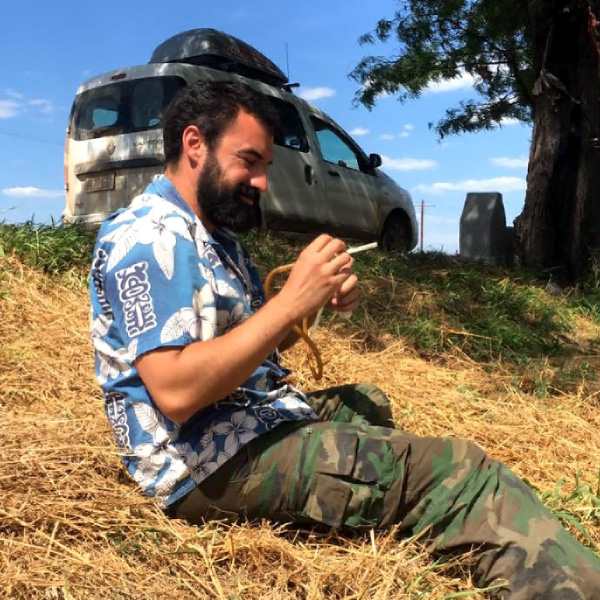Mariano Maestro

Email: maestro.eme@gmail.com
Telephone : +54 11 4662 0999 (122)
Areas of expertise: Weeds, Pests, Invasive species.
Publications: Mariano Maestro – Researchgate
Licentiate in Biological Sciences, University of Buenos Aires, 2010
MSc in Agriculture for Sustainable Development, University of Greenwich, 2018
Work experience:
• 2019 to date: Fundación para el Estudio de Especies Invasivas (FuEDEI). Research Scientist.
• 2013 – 2019: Instituto de Microbiología y Zoología Agrícola, Instituto Nacional de Tecnología Agropecuaria (IMyZA – INTA). Research Scientist – Project Manager.
• 2010 – 2012: South American Biological Control Laboratory (SABCL). Research assistant internship.
Research focus:
My scientific career has always been focused on the use of biological control as a tool for the sustainable management of environmental and agricultural challenges. As an undergraduate student I worked as an intern in FuEDEI (back then SABCL), where I took part in classical biological control projects for Hydrocotyle ranunculoides, Pistia stratiotes, and other aquatic weeds.
In 2013, I started working for INTA, developing entomopathogenic fungal strains (chiefly Beauveria bassiana and Metarhizium anisopliae) for the management of insect pests in agriculture, and did research on the use of nematophagous fungi (Arthrobotrys oligospora) for the biocontrol of nematodes.
In 2017 and 2018 I was awarded scholarships to further my studies in Egypt and in the United Kingdom, where I undertook an MSc programme focused on the environmental, economical, and social challenges of agriculture, with a strong element of integrated pest management and its role in sustainable food production.
In 2019 I returned to FuEDEI, where, at present, I study natural enemies for the biocontrol of South American plant species that behave as invasive weeds in Australia, chiefly the stinking passionflower Passiflora foetida.
Participation in projects:
• Passiflora foetida (Stinking passionflower) | 2019 – present.
• Cabomba caroliniana (Water Fanwort) | 2019 – present.
• Jatropha gossypiifolia (Bellyache Bush)| 2019 – present.
